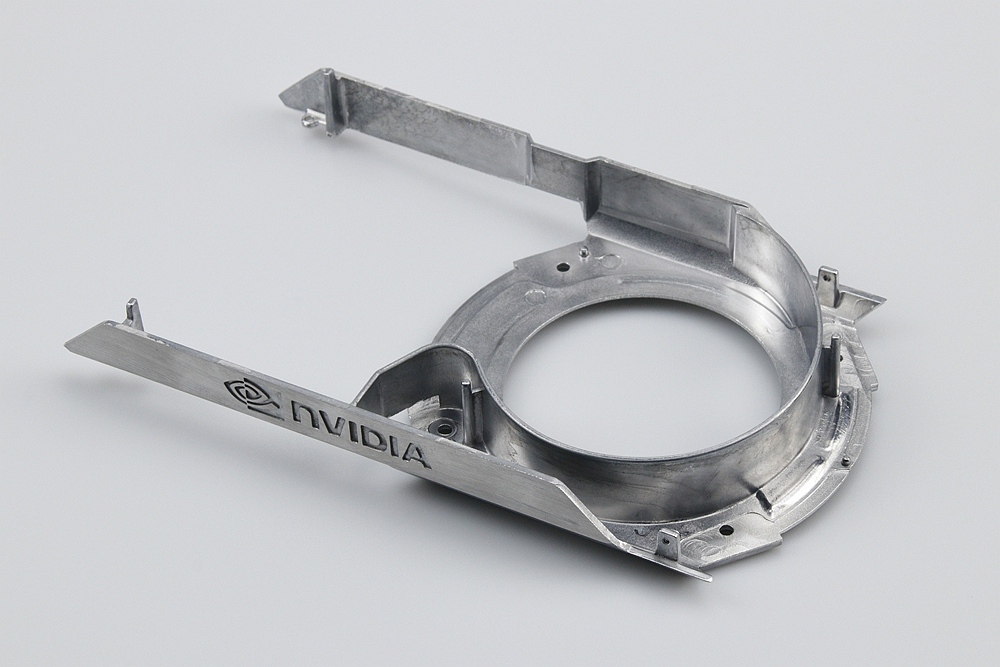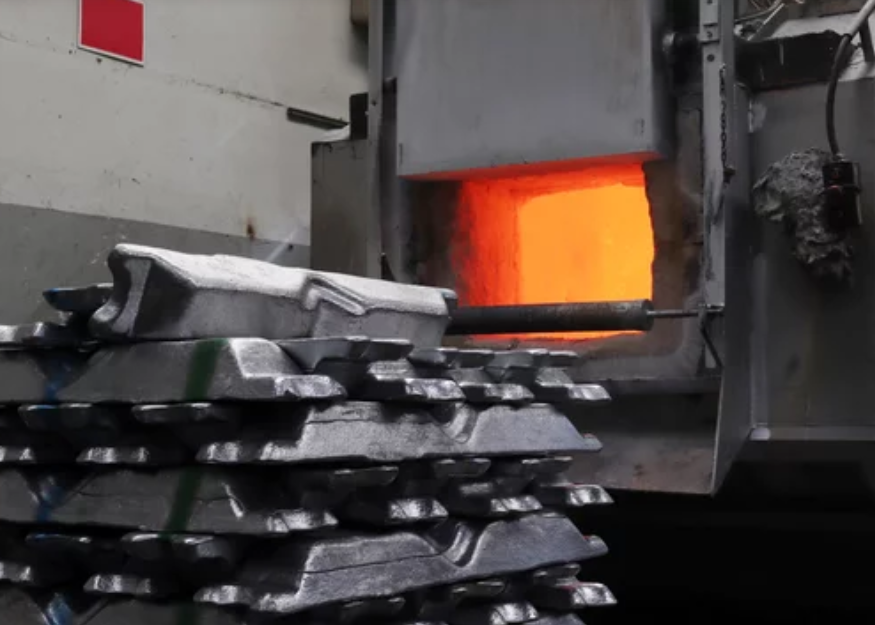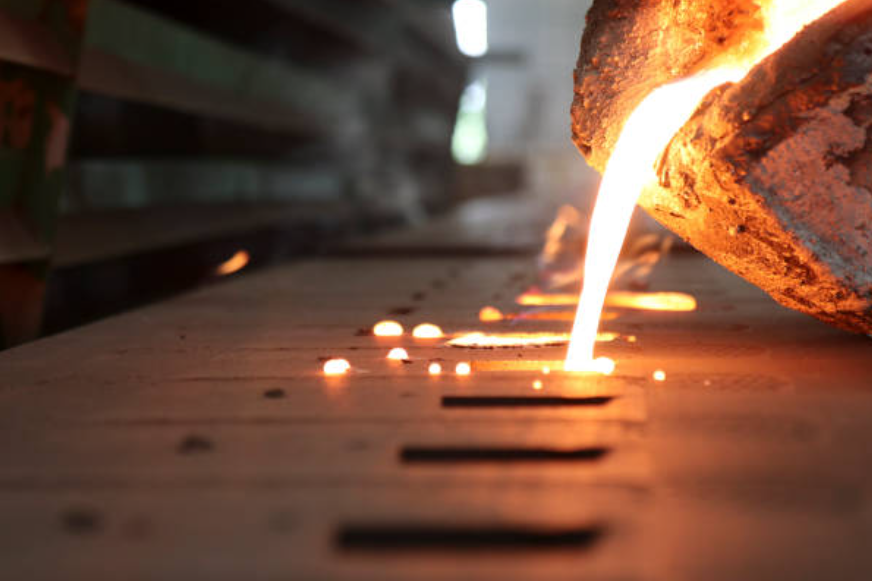Nickel-Based Alloy
Nickel-Based Alloy Investment Cast
Nickel-based alloys are prized for their high-temperature and corrosion resistance, making them ideal for aerospace and chemical processing industries. Their exceptional mechanical strength, electrical conductivity, and precise dimensional control find applications in power tools, electronics, and telecommunications. In medical devices, their biocompatibility is a significant advantage.
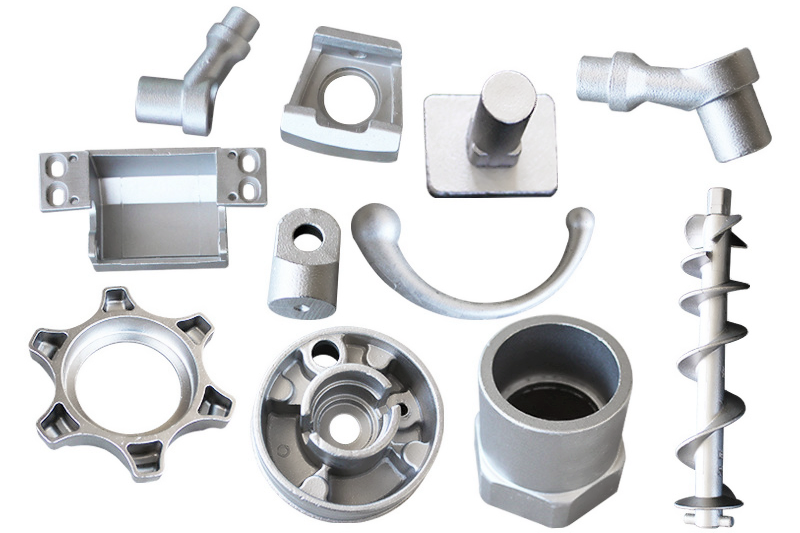
What Are Investment Cast Nickel-Based Alloys?
Investment casting of nickel-based alloys, such as Inconel and Monel, offers exceptional properties crucial in various industries. These alloys boast outstanding corrosion resistance, making them ideal for applications in challenging environments, particularly in the aerospace and energy sectors. Additionally, their high-temperature strength and creep resistance ensure their suitability in gas turbine components and petrochemical processing equipment, where extreme conditions are commonplace.
Nickel-based alloys play a pivotal role in precision parts in consumer electronics due to their remarkable dimensional stability. In the lighting solutions industry, their resistance to oxidation and thermal expansion properties make them indispensable for lamp components.
Inconel 718 (UNS N07718)
Inconel 625 (UNS N06625)
Monel 400 (UNS N04400)
Hastelloy C-276 (UNS N10276)
Nimonic Alloys (e.g., Nimonic 75 and Nimonic 90)
Waspaloy (UNS N07001)
Properties of Investment Cast Nickel-Based Alloys
Chemical Comparison of Nickel-Based Alloys
Alloy Name | Ni (%) | Cr (%) | Mo (%) | Nb (%) | Fe (%) | Al (%) | Ti (%) | Cu (%) | Co (%) | Mn (%) | V (%) |
|---|---|---|---|---|---|---|---|---|---|---|---|
Inconel 718 | 53.0 | 19.0 | 3.05 | 5.13 | 18.5 | 0.90 | 0.50 | - | - | - | - |
Inconel 625 | 58.0 | 21.5 | 9.0 | 3.80 | 5.0 | 0.40 | 0.40 | - | - | - | - |
Monel 400 | 63.0 | - | - | - | - | - | - | 31.5 | - | - | - |
Hastelloy C-276 | 57.0 | 15.0 | 16.0 | - | 5.5 | - | - | - | 2.5 | - | 0.35 |
Nimonic 75 | 80.0 | 19.0 | - | - | - | - | 1.0 | - | - | - | - |
Nimonic 90 | 53.0 | 19.0 | - | - | - | 1.30 | 2.40 | - | 15.0 | - | - |
Waspaloy | 50.0 | 19.0 | 7.0 | - | 1.4 | - | 2.5 | - | 10.0 | - | - |
Function of Chemical Components
Nickel (Ni):
Nickel is the foundation of these alloys and is responsible for their exceptional corrosion resistance. This corrosion resistance is especially vital in aerospace and petrochemicals, where exposure to aggressive chemicals or extreme environmental conditions is expected. Additionally, nickel provides high-temperature strength, making these alloys suitable for applications in gas turbines and other high-heat environments. Its elasticity ensures that the alloys can be shaped and molded precisely.
Chromium (Cr):
Chromium enhances the alloys' corrosion resistance by forming a thin, protective oxide layer on the surface. This property is crucial for marine and chemical processing applications where exposure to harsh, corrosive substances is frequent. Chromium's role in improving the alloys' resistance to oxidation is particularly evident in components used in high-temperature applications.
Molybdenum (Mo):
Molybdenum further strengthens the alloy's resistance to corrosion, particularly in environments containing acids and alkalis. It also contributes to high-temperature stability, ensuring the alloys maintain their mechanical properties under extreme heat conditions. It is vital in industries like petrochemical processing.
Niobium (Nb):
Niobium is crucial in preventing grain growth and minimizing creep deformation, making the alloys highly stable and reliable at elevated temperatures. This feature is critical for applications in the aerospace industry, where components are subjected to extreme conditions.
Iron (Fe):
Iron is typically in small quantities and can increase the alloy's strength. However, it's crucial to minimize iron content in applications with unwanted magnetic properties, such as medical devices or specific electronic equipment.
Titanium (Ti):
Titanium is a critical component that enhances the alloys' stability and strength, especially at elevated temperatures. It is crucial for gas turbines and aerospace applications components, where high-temperature and high-stress conditions are prevalent.
Copper (Cu):
Copper, found in Monel 400, is known for its exceptional resistance to corrosion in seawater and acidic environments. It is an excellent choice for marine applications, such as shipbuilding and offshore structures.
Cobalt (Co):
In alloys like Hastelloy C-276, cobalt enhances resistance to extreme environments, including high-temperature and corrosive conditions. It makes it a prime choice for components used in the chemical and petrochemical industries.
Manganese (Mn):
Although in minor quantities, Manganese can enhance the alloy's strength and workability, making it easier to process and shape components.
Vanadium (V):
While not present in all nickel-based alloys, vanadium, when used, improves high-temperature strength and creep resistance, making the alloys even more reliable under extreme conditions.
Nickel-Based Alloys Physical and Mechanical Properties
Alloy Name | Tensile Strength (MPa) | Yield Strength (MPa) | Hardness (Brinell) | Shear Strength (MPa) | Impact Strength (J) | Fatigue Strength (MPa) | Thermal Conductivity (W/m·K) | Density (g/cm³) | Melting Range (°C) |
|---|---|---|---|---|---|---|---|---|---|
Inconel 718 (UNS N07718) | 965 | 758 | 363 | 550 | 145 | 440 | 11.4 | 8.19 | 1260-1336 |
Inconel 625 (UNS N06625) | 827 | 414 | 185 | 513 | 100 | 350 | 8.44 | 8.44 | 1290-1350 |
Monel 400 (UNS N04400) | 586 | 241 | 75 | 350 | - | - | 21.8 | 8.80 | 1300-1350 |
Hastelloy C-276 (UNS N10276) | 690 | 283 | 240 | 415 | - | - | 9.09 | 8.89 | 1300-1350 |
Waspaloy (UNS N07001) | 1180 | 1035 | 341 | 690 | - | - | 11.7 | 8.19 | 1320-1395 |
Key Features and Applications of Cast Nickel-Based Alloys
Inconel 718 (UNS N07718) Investment Castings
Inconel 718 (UNS N07718) investment castings are renowned for their exceptional properties and versatility. Comprising primarily of nickel, chromium, molybdenum, niobium, and tantalum, these castings offer a unique combination of attributes. Notably, Inconel 718 exhibits remarkably high tensile strength retention even at elevated temperatures, with the ability to maintain its structural integrity up to a scorching 1300°F (704°C).
In the aerospace industry, Inconel 718 investment castings shine, finding extensive use in components for jet engines and gas turbines. Their high strength and resilience to extreme temperatures make them pivotal in ensuring aircraft and turbine performance. Additionally, Inconel 718 plays a crucial role in applications within the energy sector, providing durability and reliability in high-temperature environments.
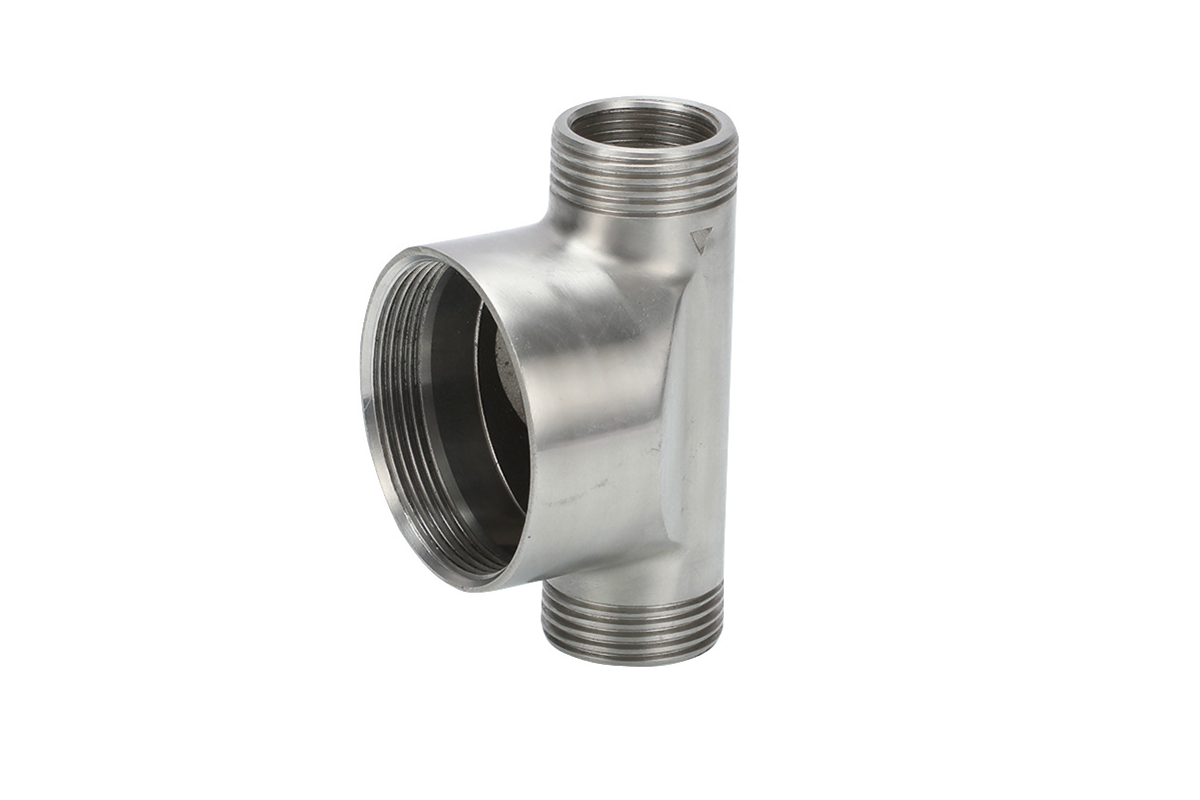
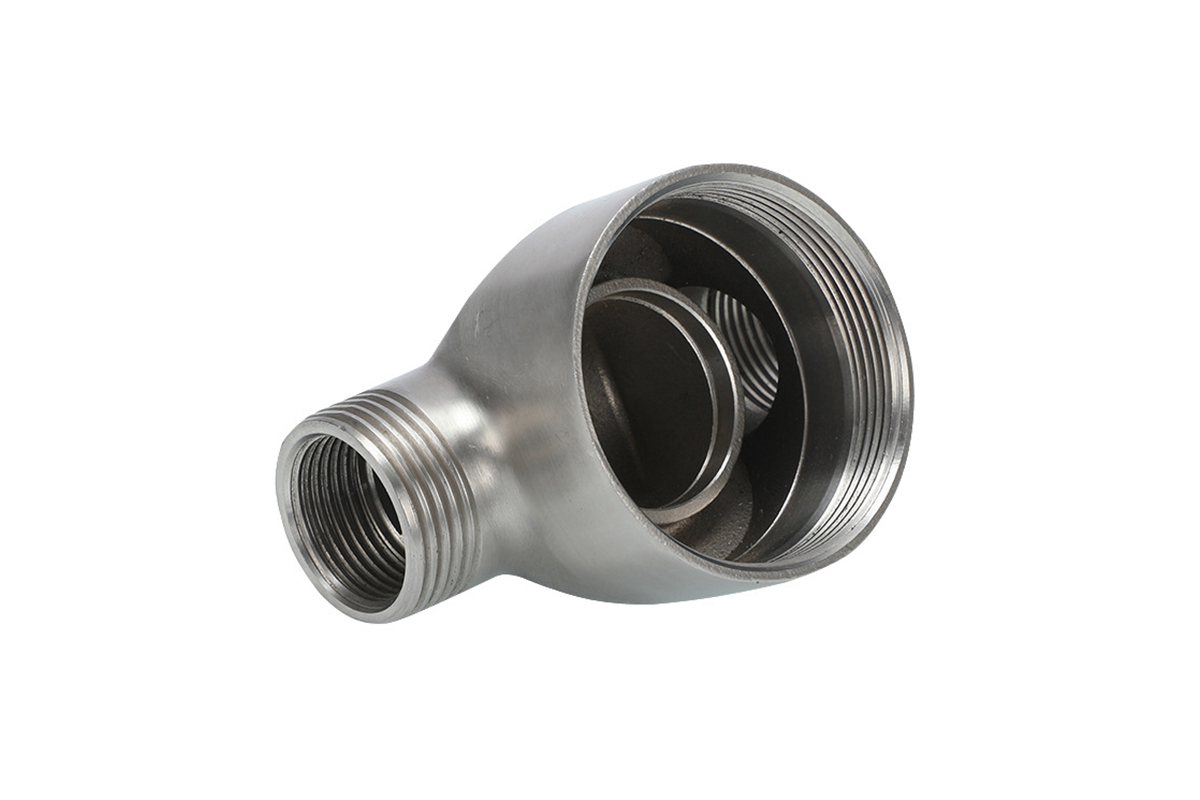
Inconel 625 (UNS N06625) Investment Castings
Inconel 625 (UNS N06625) investment castings are highly sought after due to their exceptional attributes and diverse applications. This alloy, primarily composed of nickel, chromium, and molybdenum, enriched with niobium, boasts remarkable corrosion resistance, particularly in aggressive environments. This quality positions Inconel 625 as a material of choice in chemical processing, marine, and aerospace industries.
One of its standout features is a high tensile strength, approximately 130 ksi, which makes it an ideal candidate for applications where structural integrity and durability are paramount. In the chemical processing industry, Inconel 625 investment castings are favored for their ability to withstand corrosive chemicals and high-temperature conditions, ensuring the longevity of critical equipment. Furthermore, its use in the marine industry is prevalent, combining saltwater's corrosion resistance. In aerospace, Inconel 625's exceptional strength and corrosion resistance make it indispensable in various components, reinforcing its reputation as a reliable and high-performance material for investment castings.
Nimonic alloys Investment Castings
Nimonic alloys, such as Nimonic 75 and Nimonic 90, are highly sought-after materials for investment castings due to their remarkable properties and versatile applications. These alloys comprise nickel, chromium, iron, and other alloying elements. What sets Nimonic alloys apart is their exceptional high-temperature strength and resistance to creep, making them ideal for demanding applications.
In investment castings, Nimonic alloys shine as they maintain their mechanical properties even under extreme conditions, including temperatures exceeding 1000°C. These attributes are particularly crucial in the aerospace and automotive industries, where Nimonic 90, with its superior properties, is used for critical components. In the aerospace sector, it finds applications in high-stress parts like turbine blades, while in the automotive industry, it contributes to enhancing engine performance and reliability. Nimonic 75, on the other hand, proves invaluable in gas turbine components.
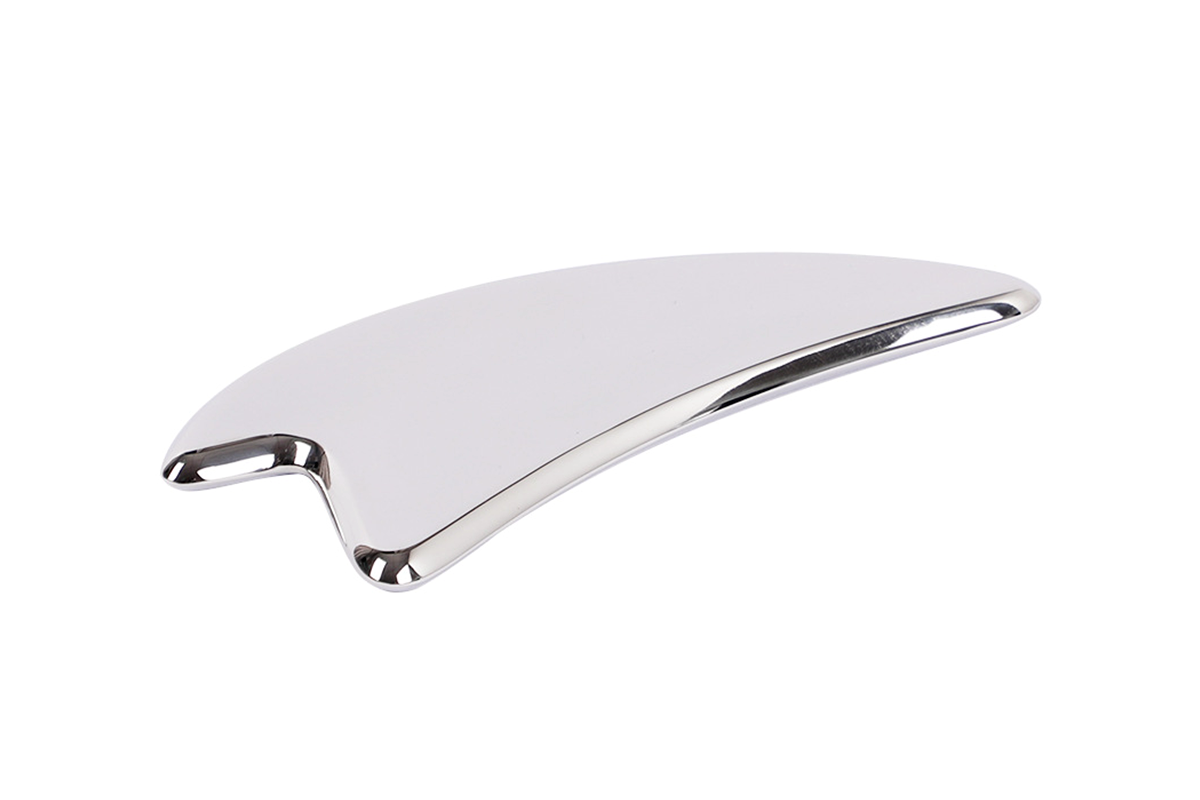
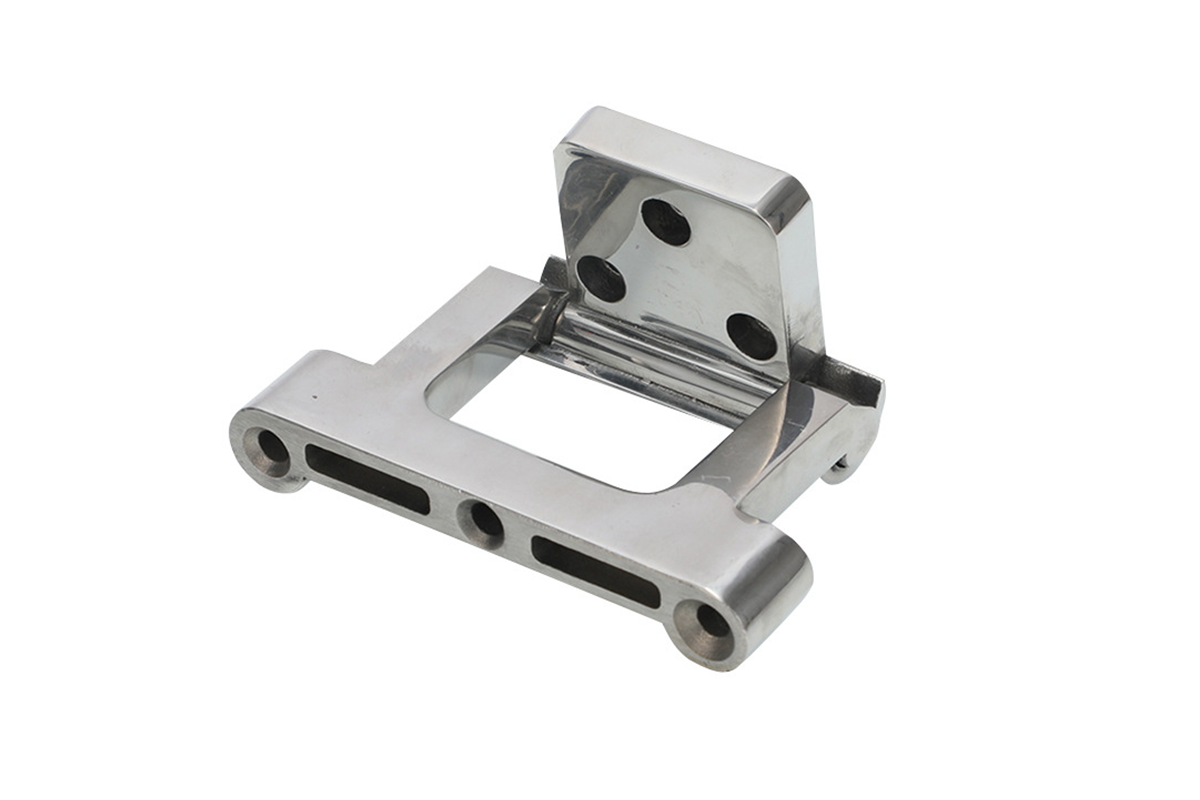
Monel 400 (UNS N04400) Investment Castings
Monel 400 (UNS N04400) investment castings offer a remarkable combination of features that make them highly sought after in various industries. This alloy, predominantly composed of nickel and copper with small amounts of iron and other elements, exhibits exceptional resistance to corrosive environments, making it a standout choice for critical applications. In addition to its remarkable corrosion resistance, Monel 400 maintains its mechanical properties even at sub-zero temperatures, ensuring reliable performance in challenging conditions.
In investment castings, Monel 400 finds its niche in the marine, chemical processing, and aerospace industries. Its resistance to corrosion, especially in seawater, positions it as an ideal material for marine components like propeller shafts and valve bodies. Monel 400's corrosion-resistant chemical processing equipment properties contribute to various components' longevity and efficiency, from pumps to heat exchangers. Furthermore, its ability to withstand sub-zero temperatures makes it an excellent choice in aerospace applications, where precise mechanical performance is crucial.
Hastelloy C-276 (UNS N10276) Investment Castings
Hastelloy C-276 (UNS N10276) alloy investment castings are renowned for their exceptional features and diverse applications. This alloy, composed primarily of nickel, molybdenum, and chromium, with shallow carbon content, offers unparalleled corrosion resistance in aggressive environments, making it a prime choice for critical applications. Its resistance extends to pitting, stress-corrosion cracking, and crevice corrosion, ensuring long-term reliability in challenging conditions.
Hastelloy C-276 investment castings find their niche in chemical processing and pollution control industries. This alloy's resistance to a wide range of oxidizing and reducing corrosive agents is invaluable in chemical processing equipment. It's commonly employed in constructing components like reactors, heat exchangers, and piping systems. Additionally, within pollution control equipment, where exposure to aggressive chemicals and gases is prevalent, Hastelloy C-276 investment castings excel, providing robust solutions for scrubbers, fans, and ducting. This alloy's ability to withstand the harshest environments makes it a top choice for critical applications where corrosion resistance is paramount.
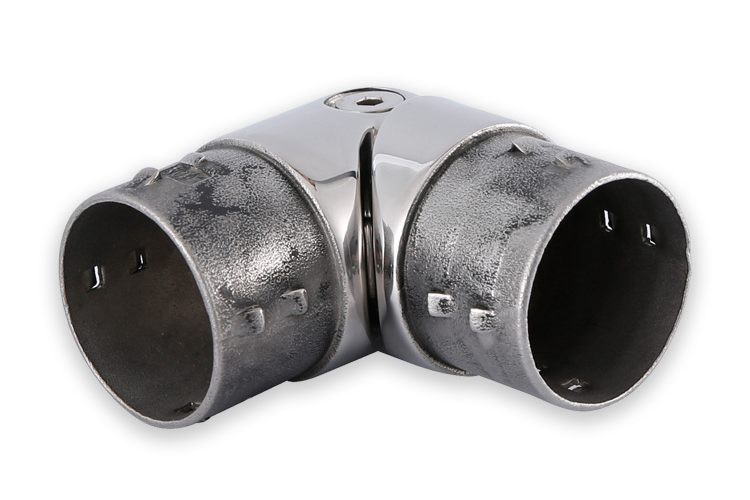
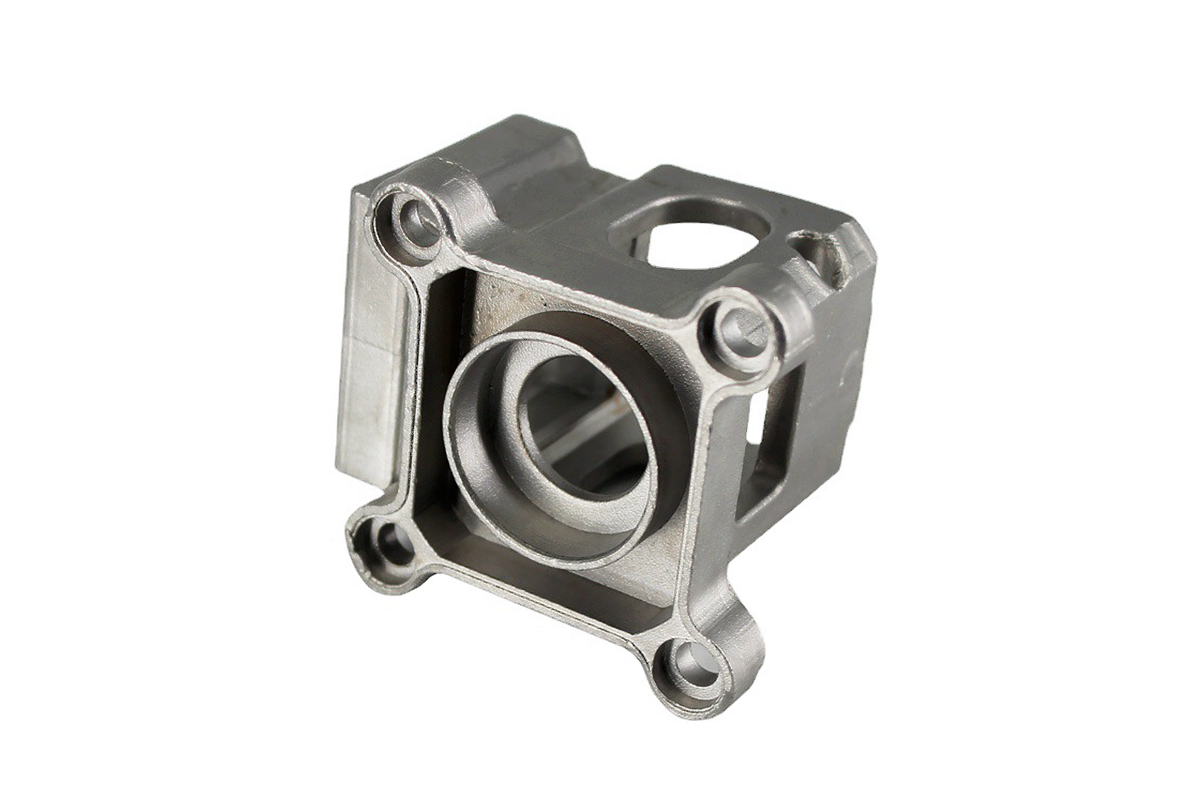
Waspaloy (UNS N07001) Investment Castings
Waspaloy (UNS N07001) investment castings are renowned for their exceptional properties and find critical applications in high-temperature environments. This nickel-based superalloy, consisting of nickel, cobalt, chromium, and molybdenum, offers a unique combination of features that make it indispensable in various industries. Notably, Waspaloy exhibits outstanding creep and fatigue resistance, a key attribute differentiating it from other materials.
In applications demanding extreme heat tolerance, Waspaloy truly shines. It can maintain its mechanical properties even at staggering temperatures of up to 1600°F (871°C), making it a prime choice for aerospace components and gas turbine engines. Within the aerospace industry, Waspaloy investment castings are employed in critical parts such as turbine disks and blades, where high precision and reliability are paramount. Its exceptional resistance to creep and fatigue ensures prolonged component life, enhancing aerospace systems' overall safety and efficiency. In the realm of gas turbine engines, Waspaloy's ability to withstand extreme temperatures plays a pivotal role in maintaining engine performance, making it an indispensable material in this domain.
What We Can Do In Precision Casting?
We offer a one-stop service in precision castings (die casting, investment casting, gravity casting, die casting) manufacturing from prototyping to mass production. This includes:
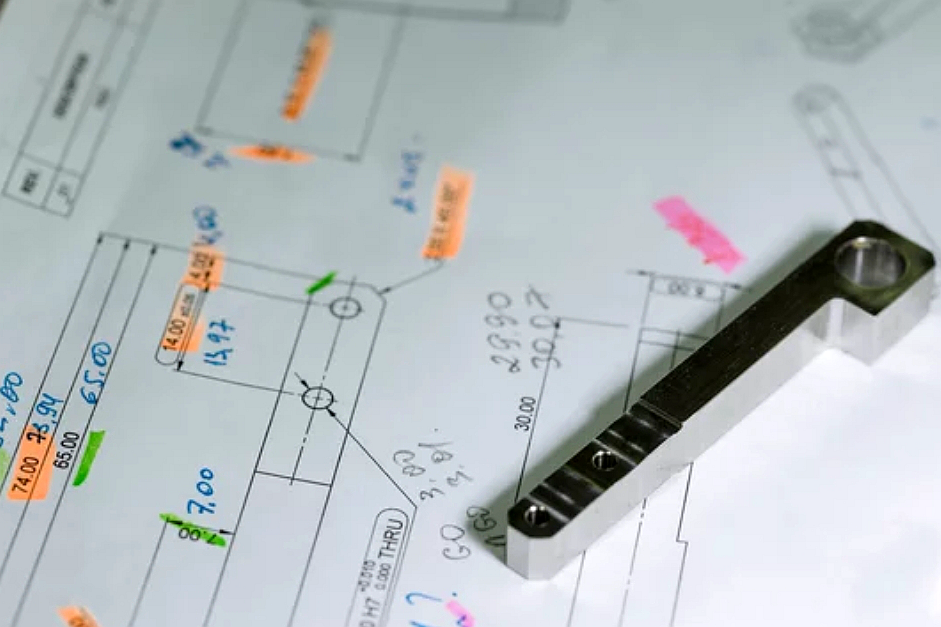
Precision Casting FAQs:
1. What Precision Casting Services Do You Offer?
2. What Are the Differences Between Die Casting and Investment Casting?
3. What Are the Tolerance Standards of Precision Casting?
4. Common Defects and Solutions in Aluminum Die Casting?
5. What is the Difference Between Sand and Investment Casting?
